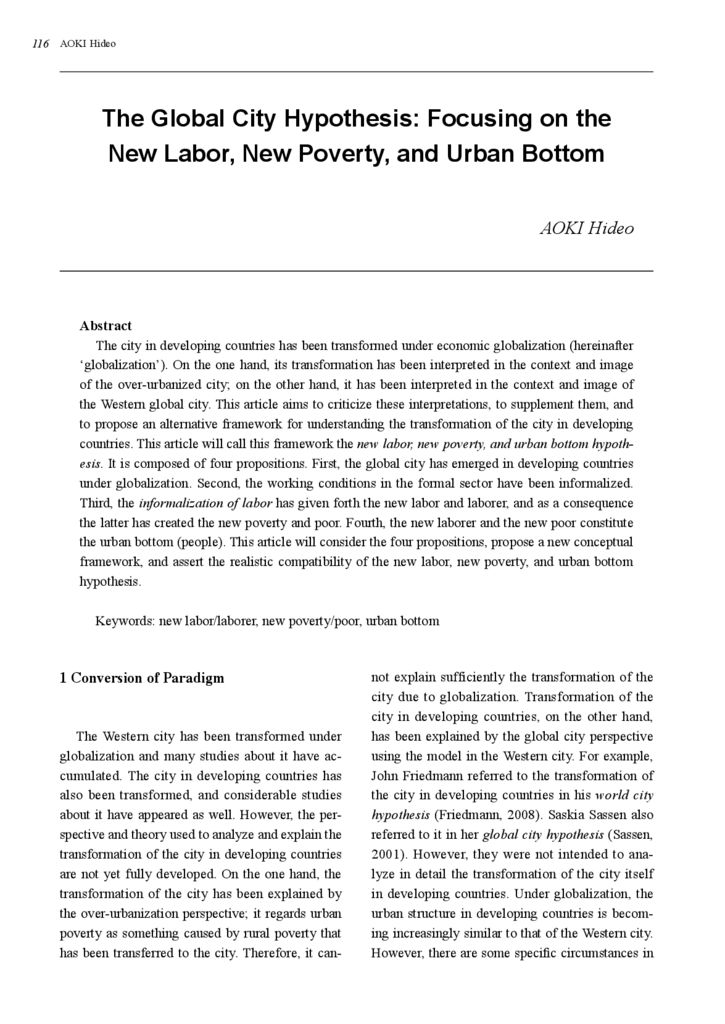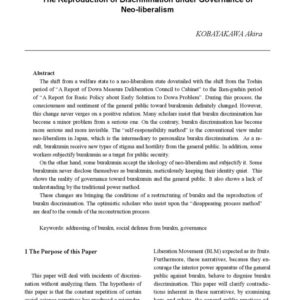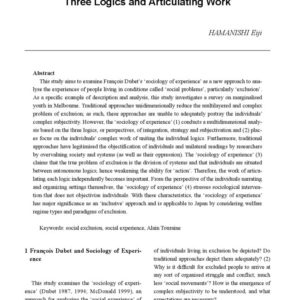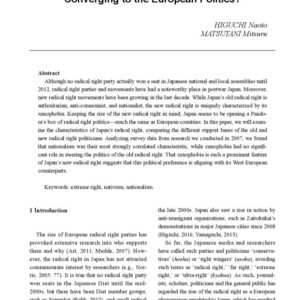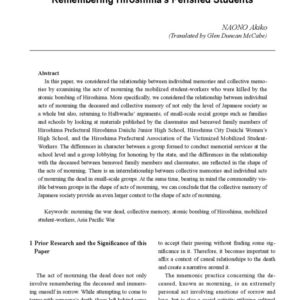Description
The city in developing countries has been transformed under economic globalization (hereinafter ‘globalization’).
On the one hand, its transformation has been interpreted in the context and image of the over-urbanized city; on the other hand, it has been interpreted in the context and image of the Western global city.
This article aims to criticize these interpretations, to supplement them, and to propose an alternative framework for understanding the transformation of the city in developing countries.
This article will call this framework the new labor, new poverty, and urban bottom hypothesis.
It is composed of four propositions. First, the global city has emerged in developing countries under globalization. Second, the working conditions in the formal sector have been informalized.
Third, the informalization of labor has given forth the new labor and laborer, and as a consequence the latter has created the new poverty and poor.
Fourth, the new laborer and the new poor constitute the urban bottom (people).
This article will consider the four propositions, propose a new conceptual framework, and assert the realistic compatibility of the new labor, new poverty, and urban bottom hypothesis.

